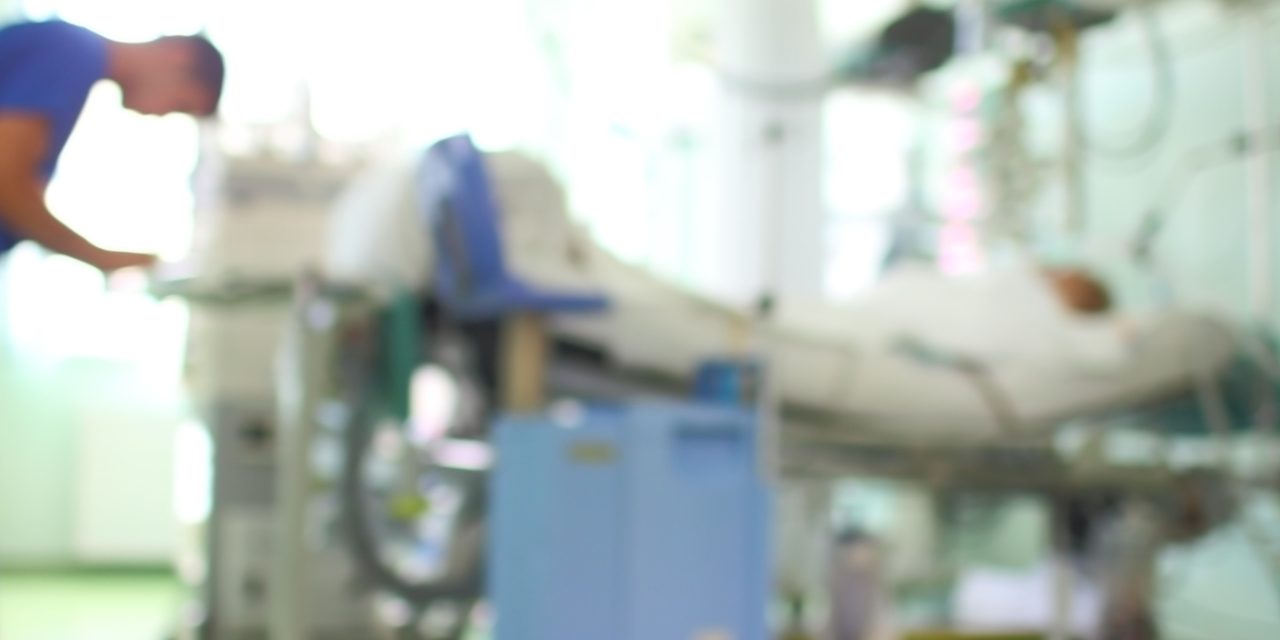Activation of the innate immune system represents a vital step in inflammation during cardiac remodeling induced by the angiotensin II (Ang II). This study aimed to explore the role of Toll-like receptors 2 (TLR2) in Ang II-induced cardiac remodeling. We investigated the effect of TLR2 deficiency on Ang II-induced cardiac remodeling by utilizing TLR2 knockout mice, bone marrow transplantation models, and H9C2 cells. Though TLR2 deficiency had no effect on body weight change, cardiac Ang II content and blood pressure, it significantly ameliorated cardiac hypertrophy, fibrosis and inflammation, as well as improved heart function. Further bone marrow transplantation studies showed that TLR2-deficiency in cardiac cells but not bone marrow-derived cells prevented Ang II-induced cardiac remodeling and cardiac dysfunction. The underlying mechanism may involve increased TLR2-MyD88 interaction. Further in vitro studies in Ang II-treated H9C2 cells showed that TLR2 knockdown by siRNA significantly decreased Ang II-induced cell hypertrophy, fibrosis and inflammation. Moreover, Ang II significantly increased TLR2-MyD88 interaction in H9C2 cells in a TLR4-independent manner. TLR2 deficiency in cardiac cells prevents Ang II-induced cardiac remodeling, inflammation and dysfunction through reducing the formation of TLR2-MyD88 complexes. Inhibition of TLR2 pathway may be a therapeutic strategy of hypertensive heart failure.Copyright © 2021. Published by Elsevier Inc.
Toll-like receptor 2 signaling deficiency in cardiac cells ameliorates Ang II-induced cardiac inflammation and remodeling.


